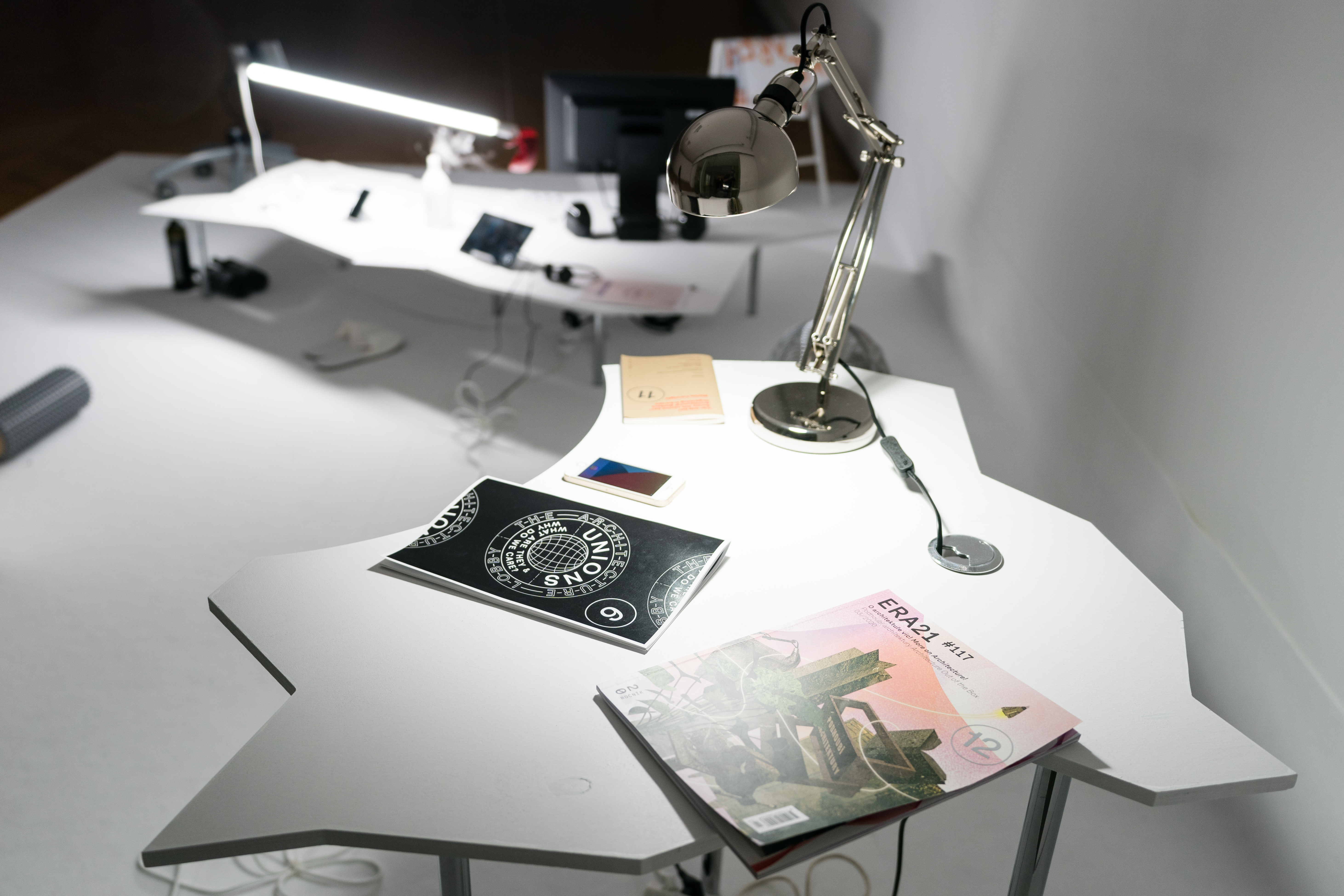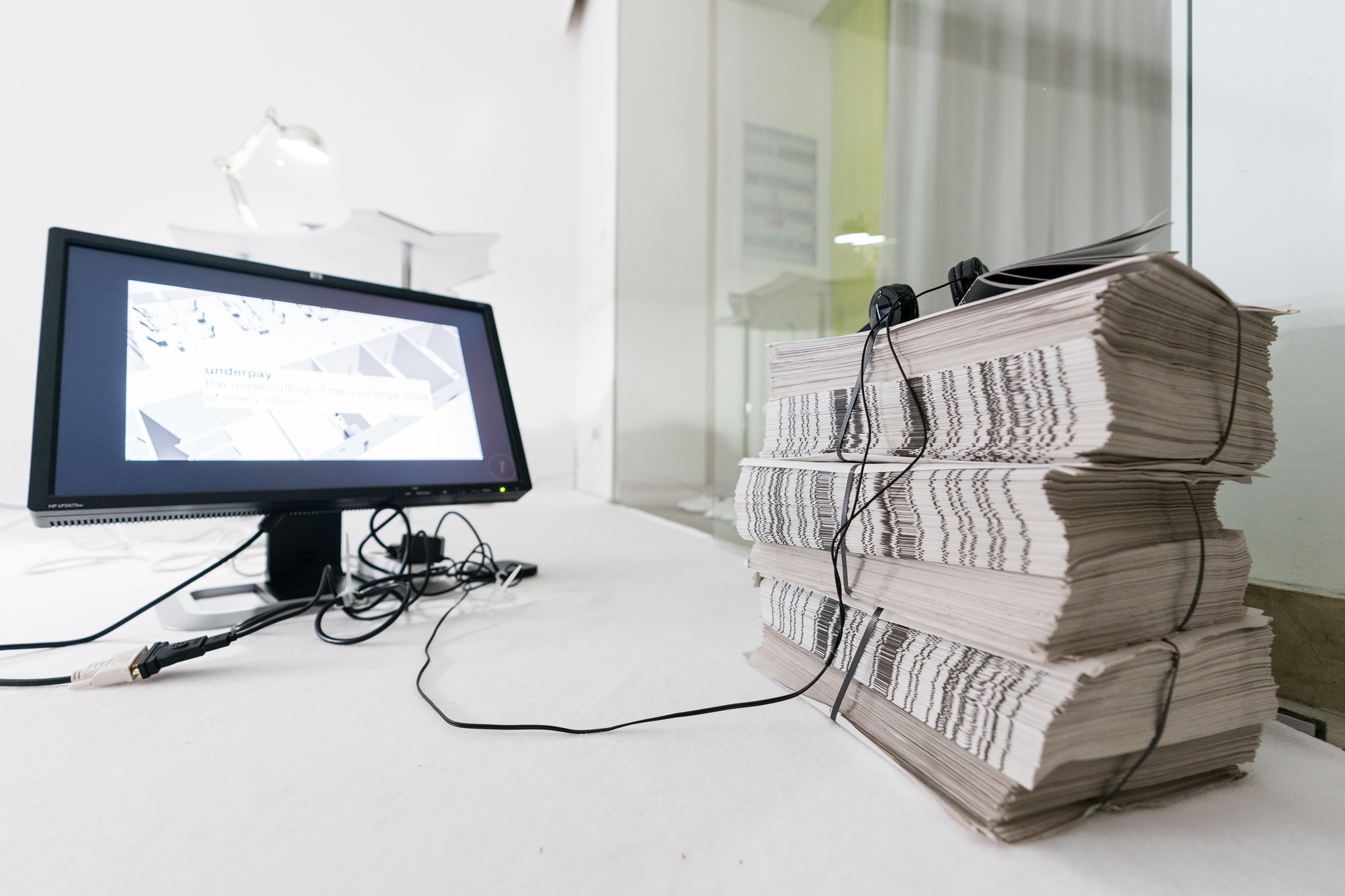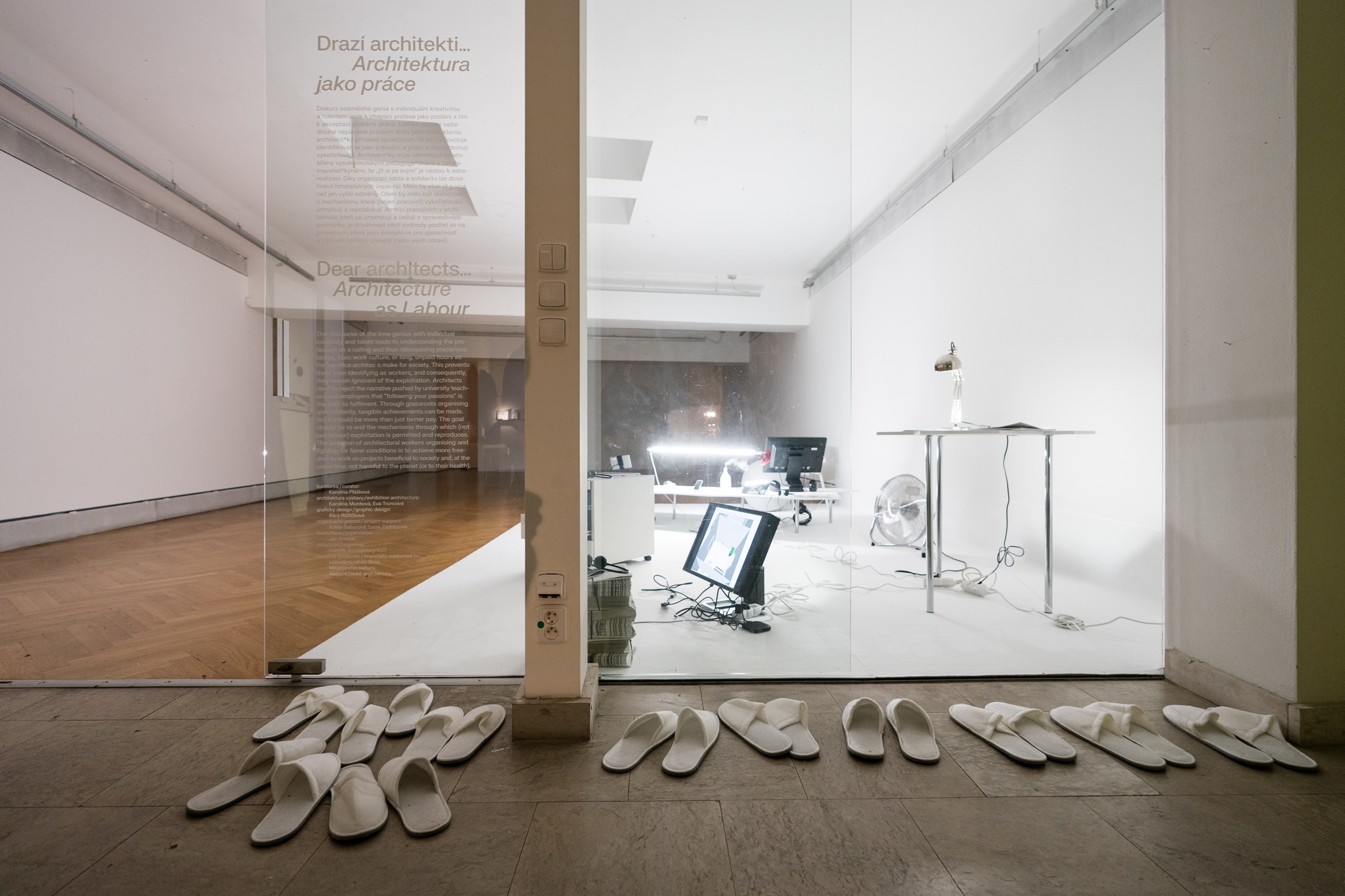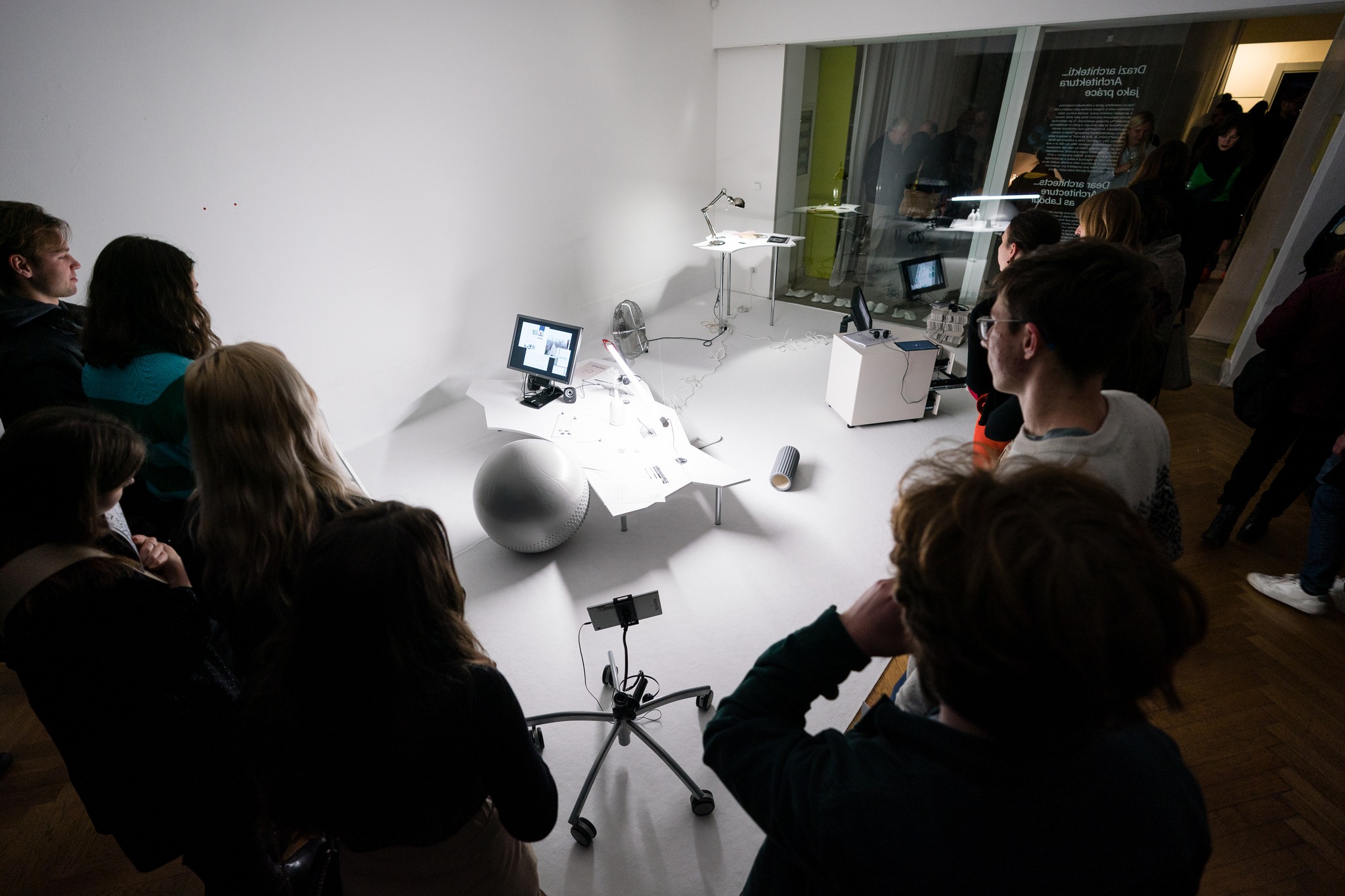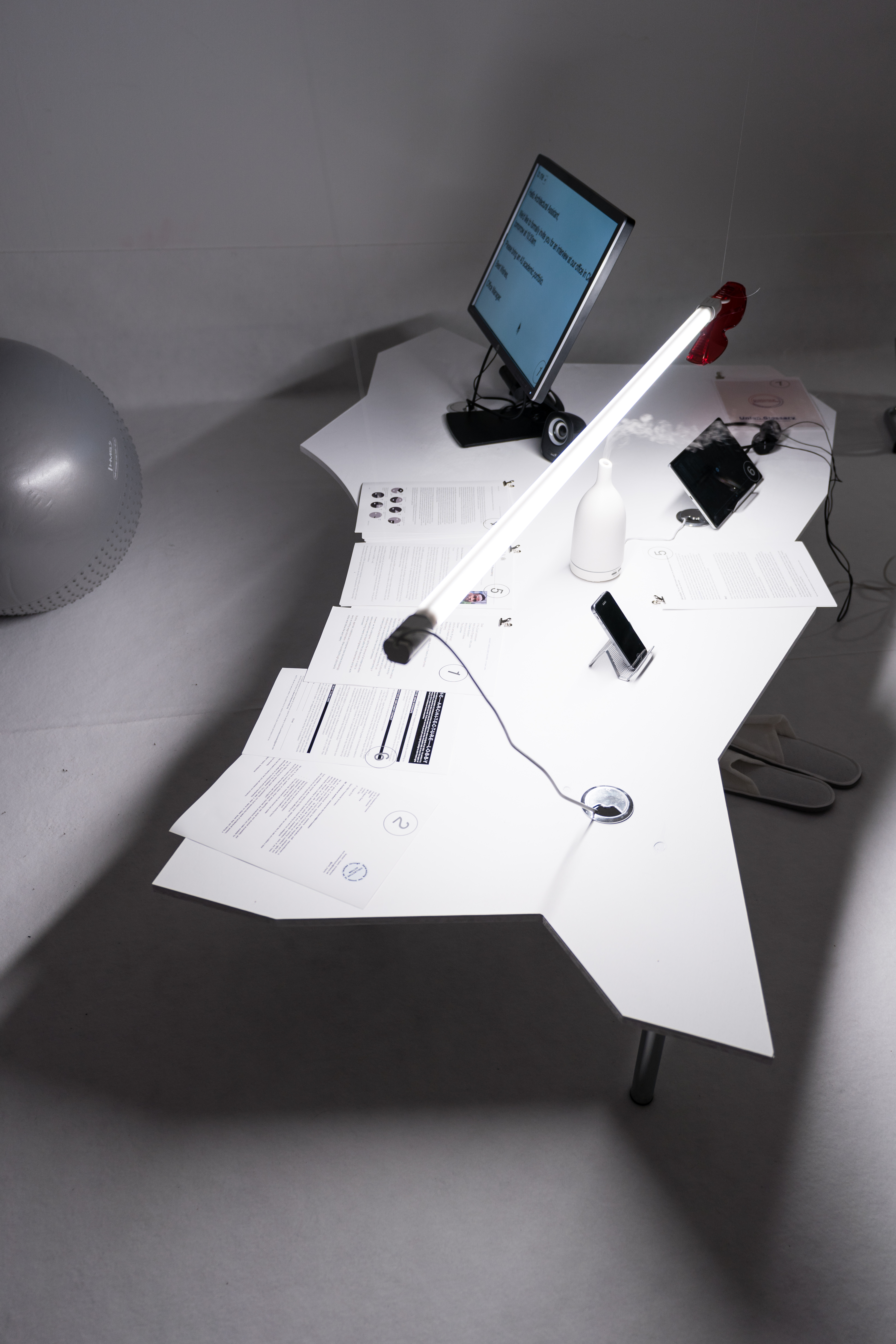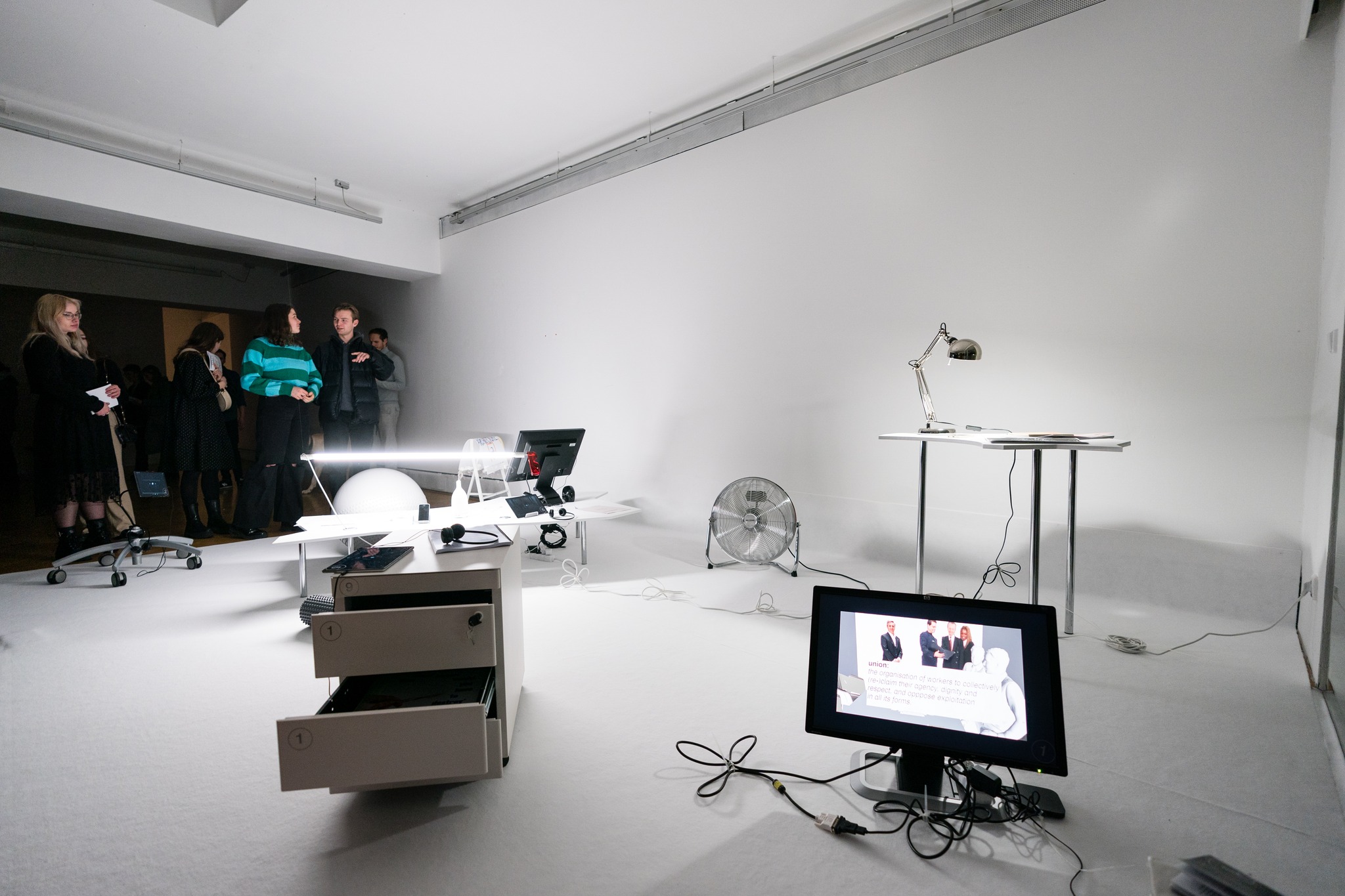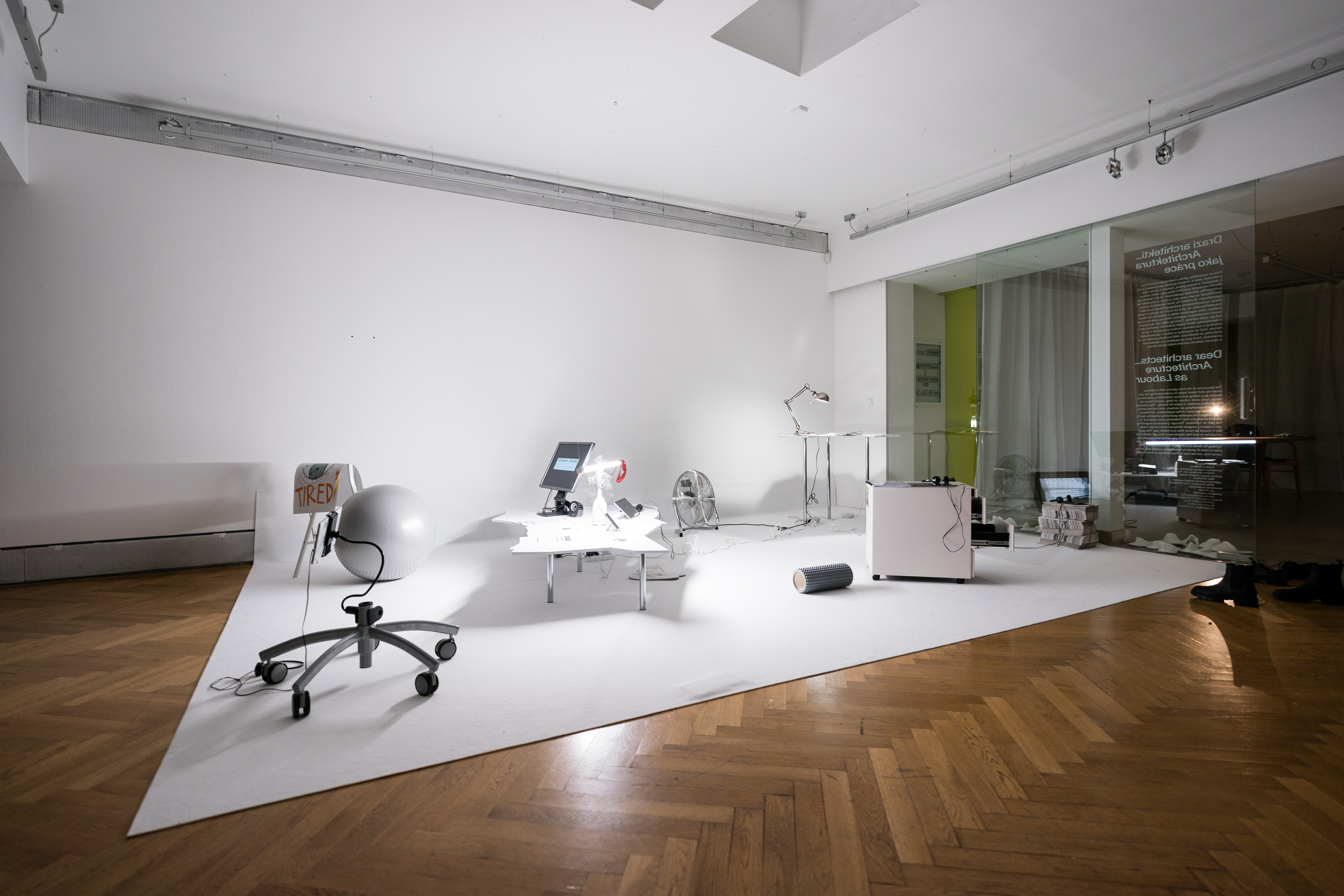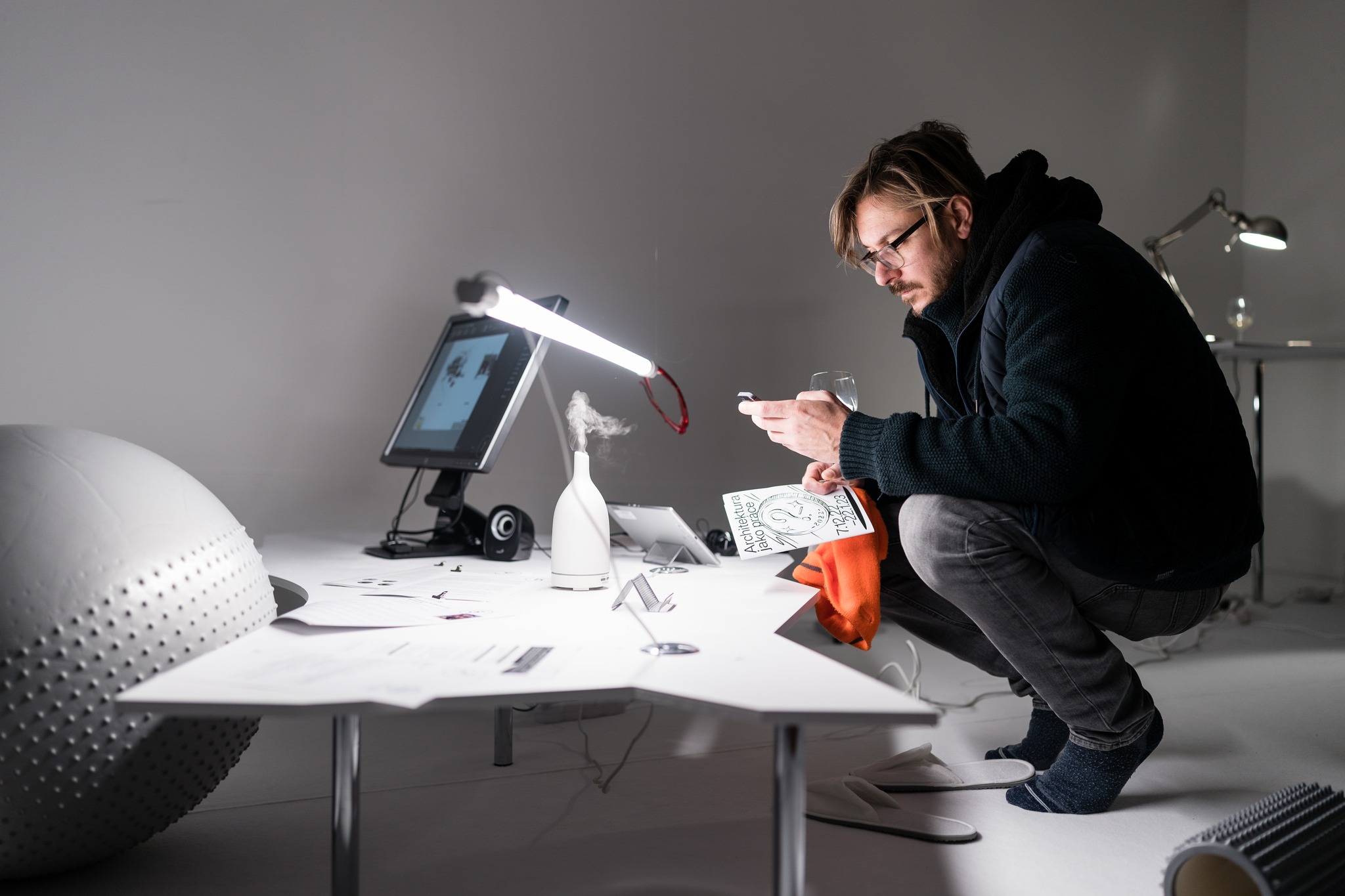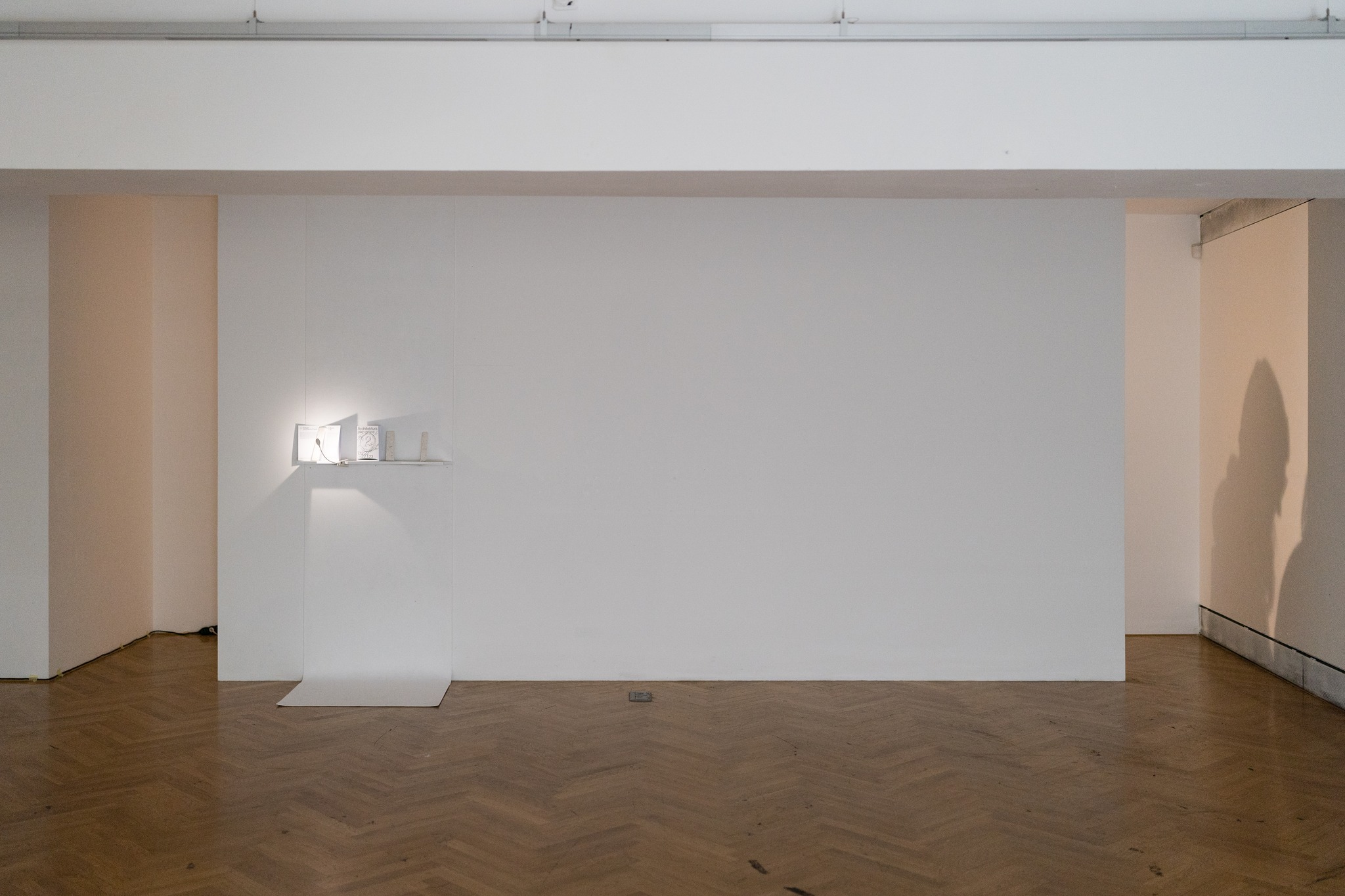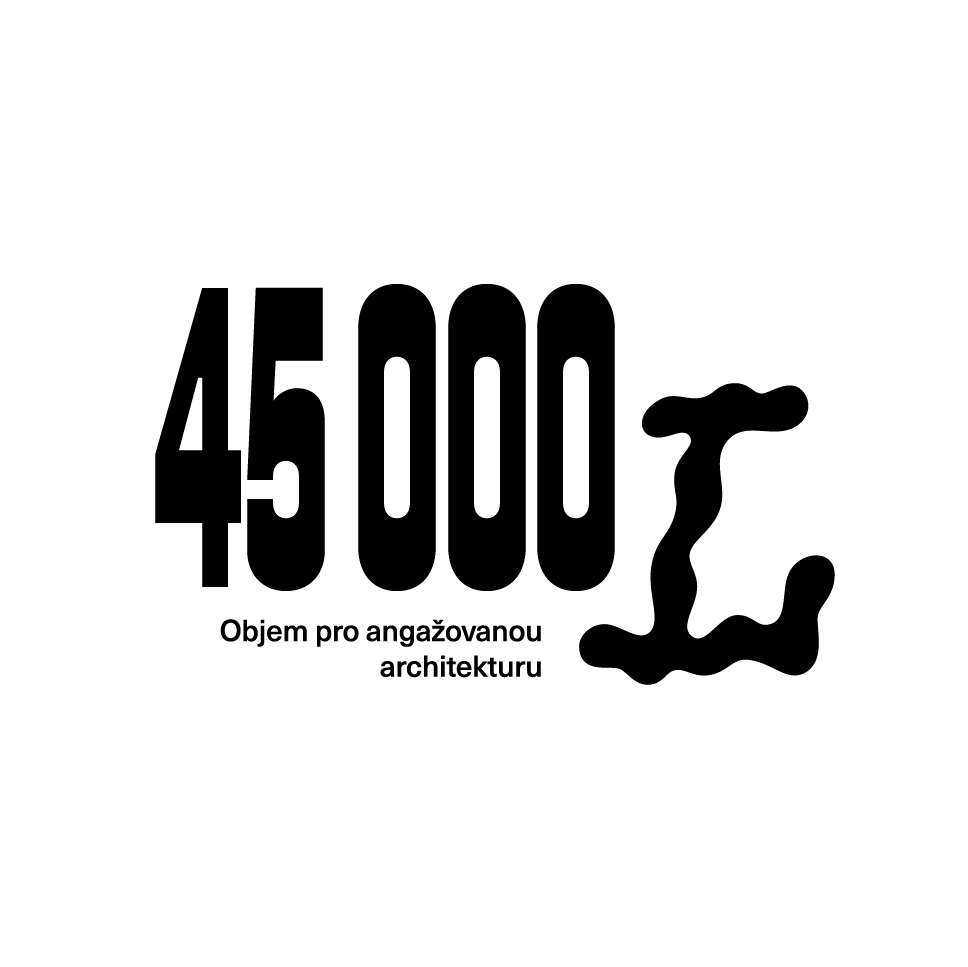Architekti*ky často prezentují agendu architektury jako „hledání řešení současných problémů“. Pokud se od architektů*ek očekává, že budou pracovat eticky, je nutné mluvit o pracovních podmínkách a toxické kultuře v architektonické profesi. Kvůli konkurenci na trhu jsou architekti*ky „nuceni*y“ pracovat pod cenou a tuto zátěž často přenáší na mladé architekty*ky bez jistot, v případě Česka např. ve formě švarcsystému. Nejen prekarizované pracovní podmínky vedou pracující v architektuře k opouštění oboru. Je to také toxická kultura na pracovišti, např. přesčasy, nocovky, diskriminace nebo ponižování. Pokud se architekti*ky zorganizují a budou bojovat za spravedlivější podmínky, mohou dosáhnout větší svobody pracovat na projektech prospěšných pro společnost a zároveň neškodících planetě (nebo jejich zdraví).
Záměrem projektu a doprovodného programu tak není emancipovat absolventy*ky skrze vzdělávání o vedení podnikání či cenotvorbě apod., ale napomoci jim rozvíjet vlastní profesní identitu, odlišnou od těch „kteří mohou práci dávat a brát“ [who can hire and fire]. Navzdory zakořeněnému odporu k využívání kolektivní moci je snahou ukázat, že díky organizaci zdola a solidaritu lze dosáhnout hmatatelných úspěchů.Výstava Architektura jako práce nemá za cíl pouze popsat současnou (kritickou) situaci (např. na proběhnutých průzkumech a anketách, často iniciovaných samotnými pracujícími), chce především usilovat o prezentaci a diskusi iniciativ či (jejich) úspěchů na poli zlepšování pracovních podmínek.
Výstava má sloužit jako laboratoř pro kolektivní přemyšlení a sdílení know-how. Řada témat bude proto také diskutována v rámci doprovodného programu ve formě přednášek, workshopů či panelových diskusí a poskytne tak pracujícím v architektuře prostor pro setkávání a debaty.
Pod termínem „pracující v architektuře“ rozumíme všechny, kteří se podílejí na tvorbě architektury v různých pozicích a sférách – kromě praktikujících architektů*ek v soukromých ateliérech také ty, kteří pracují pro veřejný sektor, na akademické půdě nebo v kulturních institucích. Zásadní je také podívat se na to, jak vzdělávání utváří a je utvářeno praxí. Mezi hosty*kami tak budou Marisa Cortright, autorka knihy „Can this be? Surely this cannot be?“ Architectural Workers Organizing in Europe [„Je to možné? To snad není možné?“ Organizování pracujících v architektuře v Evropě] (VI PER, 2021) či Angelika Hinterbrandner, architektka a editorka digitálního magazínu o architektuře Kontextur, která se zabývá mimo jiné pracovními podmínkami a proměnou a budoucností architektonické profese. Panelové diskuse budou jak s architekty*kami, kteří si zvolili jinou cestou než „klasické“ navrhování (pracují např. v neziskové, veřejné či akademické sféře), členkami spolku Architektky o překážkách, kterým čelí nejen ženy v architektonické profesi, či s Klárou Brůhovou o tlaku na univerzitách a opatřeních vůči toxické kultuře. Klára vedla Komisi pro rovné příležitosti na Fakultě architektury ČVUT, která měla za úkol připravit institut ombudsosoby.
kurátorka: Karolína Plášková
architektura výstavy: Karolína Munková, Eva Truncová
grafický design: Bára Růžičková
organizační pomoc: Adéla Šoborová, Lucie Zádrapová
konzultace: Jan Kristek
fotografie: Jan Prokopius
ve spolupráci s Fakultou architektury VUT
s finanční podporou statutárního města Brna, Ministerstva kultury a Nadace české architektury
Architects often present architecture’s agenda as “finding solutions to contemporary problems”. If architects are expected to work ethically, we must discuss the labour conditions and toxic culture in the architecture profession. Due to the competition in the market, architects are “forced” to work below cost, and the burden is often transferred onto young architects with no security. But not only precarious labour conditions make architectural workers leave the profession. It is also the toxic culture in the workplace, e.g. overtime, all-nighters, discrimination, or humiliation. If architects organise and fight for fairer conditions, they can achieve more freedom to work on projects beneficial to society and, at the same time, not harmful to the planet (or to their health).
Thus, the intention of the project and the accompanying programme is not to emancipate graduates through courses on business management or pricing but to help them develop their own professional identity, different from those "who can hire and fire". Despite the ingrained disinclination towards using collective power, the effort is to show that through grassroots organising and solidarity, tangible achievements can be made.
The exhibition Architecture as Labour does not only aim to describe the current (critical) situation (e.g. based on ongoing surveys and polls, often initiated by the workers themselves), it primarily seeks to present and discuss initiatives or (their) successes in the field of improving working conditions. The project should serve as a laboratory for collective thinking and know-how sharing. Therefore it will also be accompanied by lectures, discussions, workshops etc., to provide architectural workers space to meet and discuss.
By “architectural workers”, we consider all workers participating in the production of architecture in different positions and spheres – besides practising architects in private studios, those working for the public sector, in academia or in cultural institutions. It is also crucial to look at how education shapes and is shaped by the practice. Thus, guest speakers will include Marisa Cortright (10 Dec 2022), author of 'Can this be? Surely this cannot be?" Architectural Workers Organizing in Europe (VI PER, 2021) or Angelika Hinterbrandner, architect and editor of the digital architecture magazine Kontextur, who deals with, among other things, working conditions and the transformation and future of the architectural profession. Panel discussions will be held with architects who have chosen a different path than "classical" practice (working, for example, in the non-profit, public or academic spheres), members of the Female Architects [Architektky] on the obstacles faced not only by women in the architectural profession, and Klára Brůhová on the pressure at universities and measures against toxic culture. Klára headed the Commission for Equal Opportunities at the Faculty of Architecture in Prague, tasked with preparing the ombudsperson position.
curator: Karolína Plášková
exhibition architecture: Karolína Munková, Eva Truncová
graphic design: Bára Růžičková
project support: Adéla Šoborová, Lucie Zádrapová
supervision: Jan Kristek
photography: Jan Prokopius
in collaboration with the Faculty of Architecture BUT
with financial support from the City of Brno, the Ministry of Culture and the Czech Architecture Foundation
